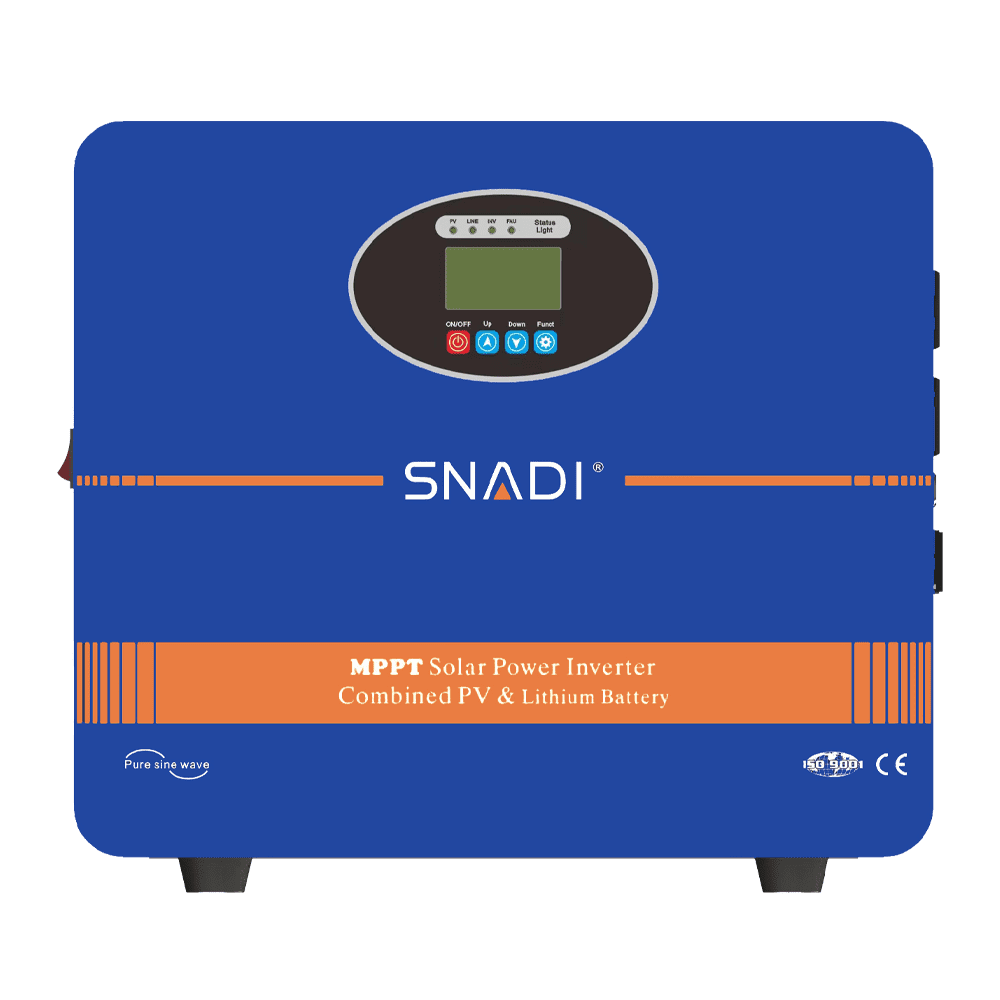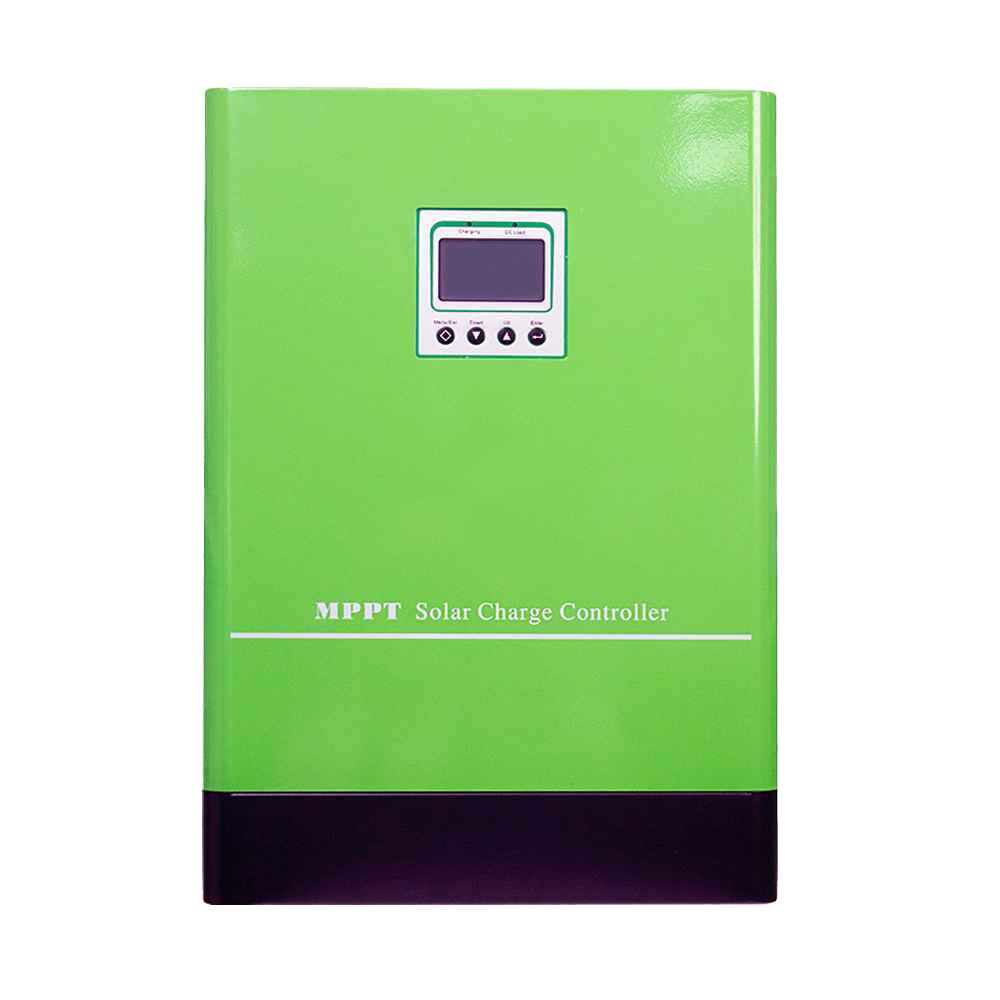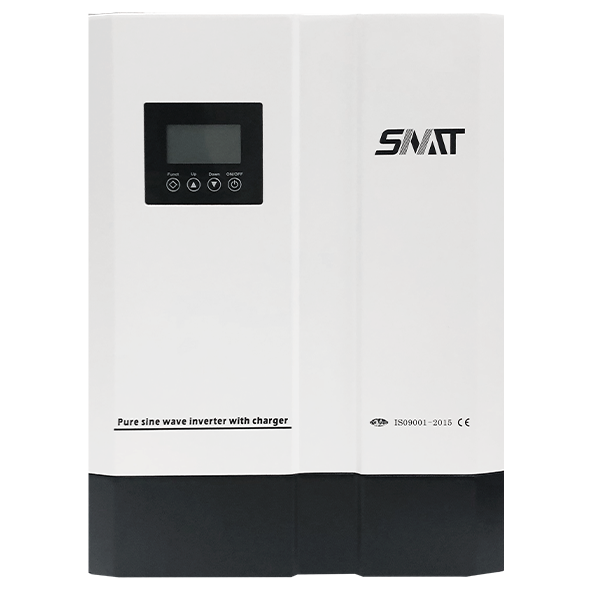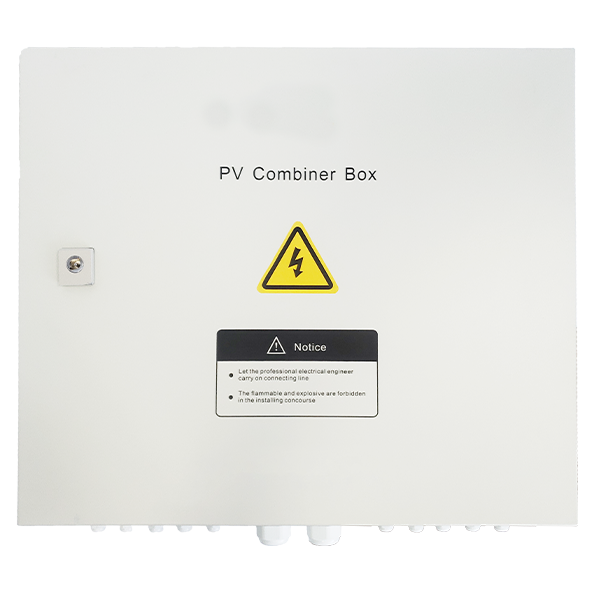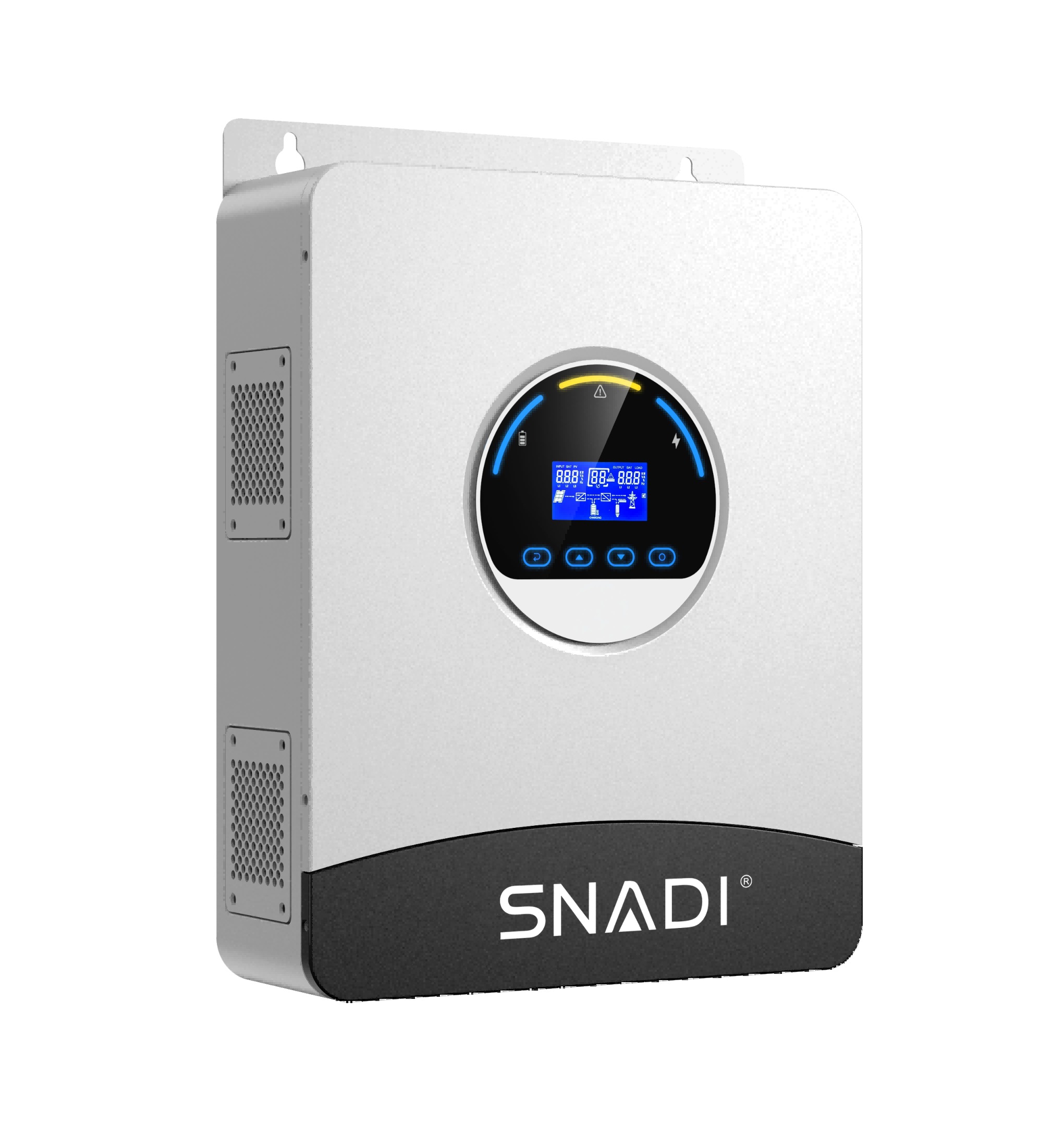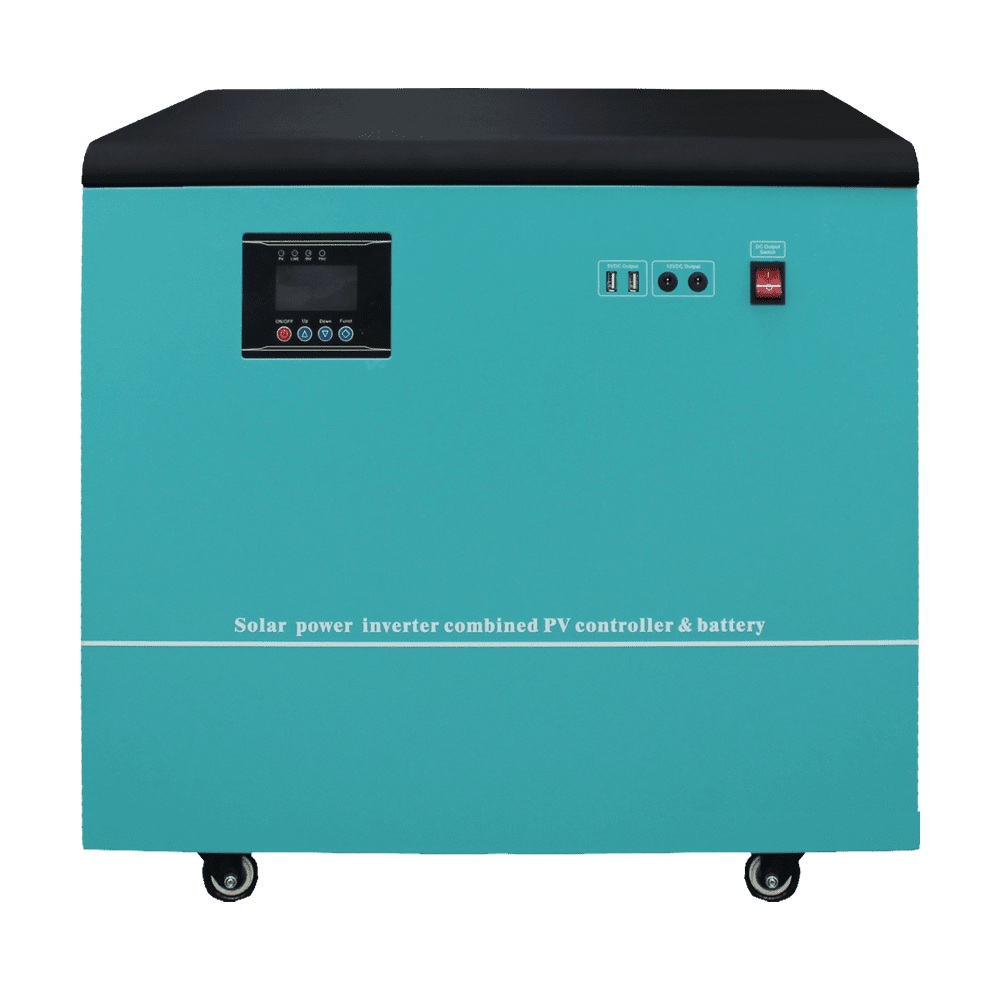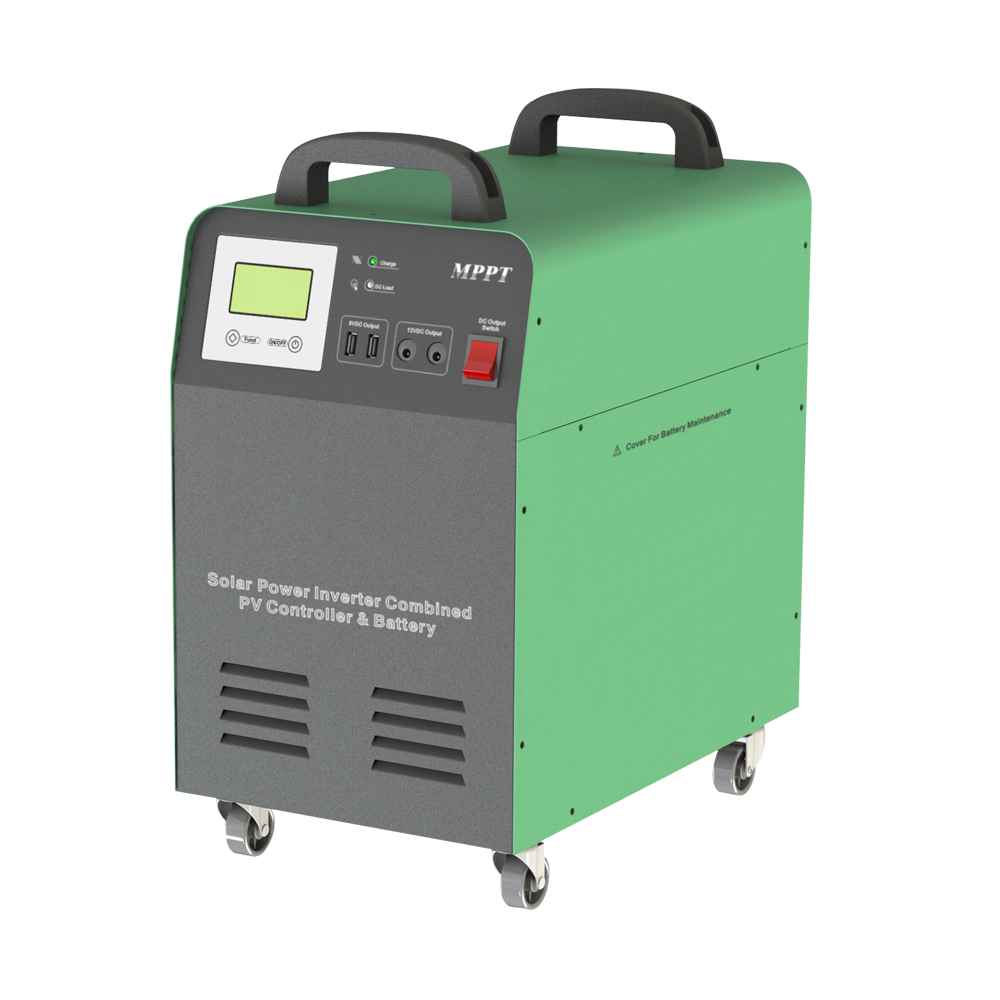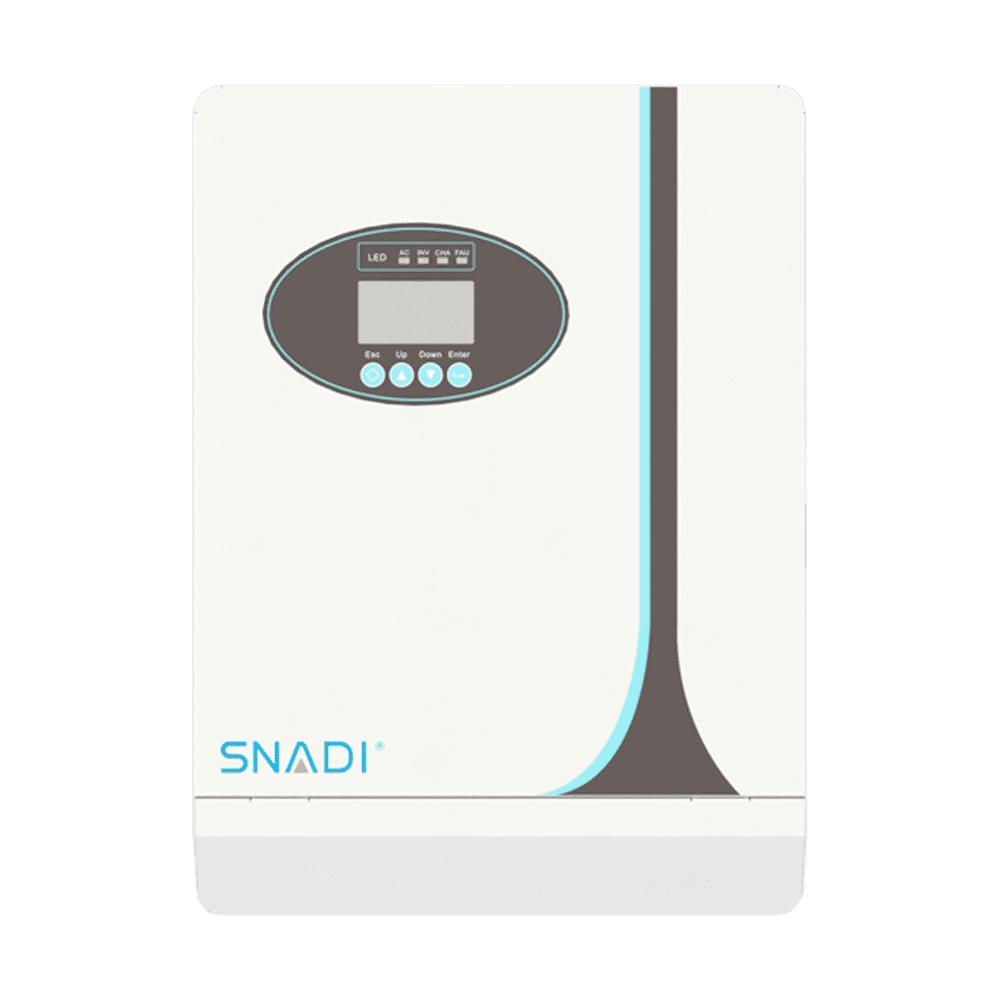In recent years, the global push towards renewable energy sources has seen a surge in the adoption of solar power systems. Solar energy is a clean and sustainable alternative to traditional fossil fuels that reduces carbon emissions and mitigates the effects of climate change. As solar technology advances, hybrid solar inverters have emerged as a promising solution to maximize the efficiency and versatility of solar power systems. However, are hybrid solar inverters worth the investment? In this article, we delve into the features, benefits, and considerations of hybrid solar inverters to help you make an informed decision.
Understanding Hybrid Solar Inverters
Before delving into the worthiness of hybrid solar inverters, it's essential to understand what they are and how they differ from traditional inverters. A solar inverter is a vital component of a solar power system that converts direct current (DC) generated by solar panels into alternating current (AC) that may be used in homes or fed into the grid. Traditional solar inverters perform this function efficiently but cannot store excess energy for later use.
Hybrid solar inverters, on the other hand, combine the functionalities of a solar inverter with a battery storage system. This integration allows hybrid inverters to store surplus energy generated during the day in batteries for use during periods of low sunlight or high energy demand. Additionally, hybrid inverters can seamlessly switch between grid-connected and off-grid modes, offering greater flexibility and resilience to power outages.
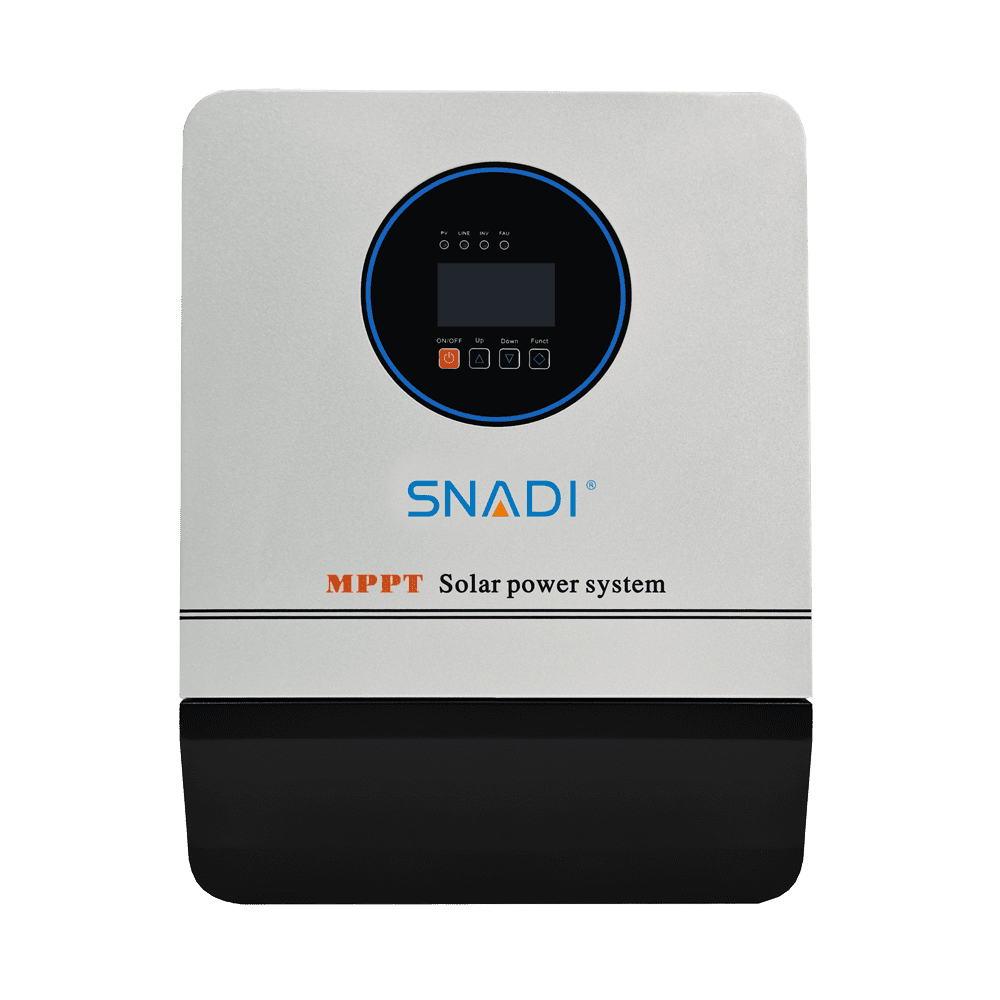
Hybrid Solar Inverter For Home Use
The Benefits Of Hybrid Solar Inverters
Maximized Self-Consumption: One of the primary advantages of hybrid solar inverters is the ability to maximize the self-consumption of solar energy. By storing extra energy in batteries, homeowners can use more of the energy generated by their solar panels rather than exporting it to the grid at a reduced cost.
Energy Independence: Hybrid solar inverters enable greater energy independence by reducing reliance on the grid. During grid outages or peak demand periods when electricity prices are high, homeowners can rely on stored energy from batteries, thus mitigating the impact of blackouts and reducing electricity bills.
Optimized Efficiency: Hybrid inverters improve the efficiency of solar power systems by intelligently controlling energy flow between solar panels, batteries, and the grid. Advanced features such as MPPT (Maximum Power Point Tracking) ensure that solar panels operate at their peak efficiency, maximizing energy harvest.
Environmental Benefits: By harnessing solar energy and reducing dependency on fossil fuels, hybrid solar inverters contribute to environmental sustainability and combat climate change. They help reduce carbon emissions associated with electricity generation, thereby mitigating environmental degradation and promoting a cleaner, greener future.
Scalability and Expandability: Hybrid solar inverters provide flexibility and expandability, allowing homeowners to begin with a simple system and progressively add more solar panels or batteries as their energy requirements change. This flexibility makes hybrid systems suitable for a wide range of applications, from residential homes to commercial buildings and off-grid installations.
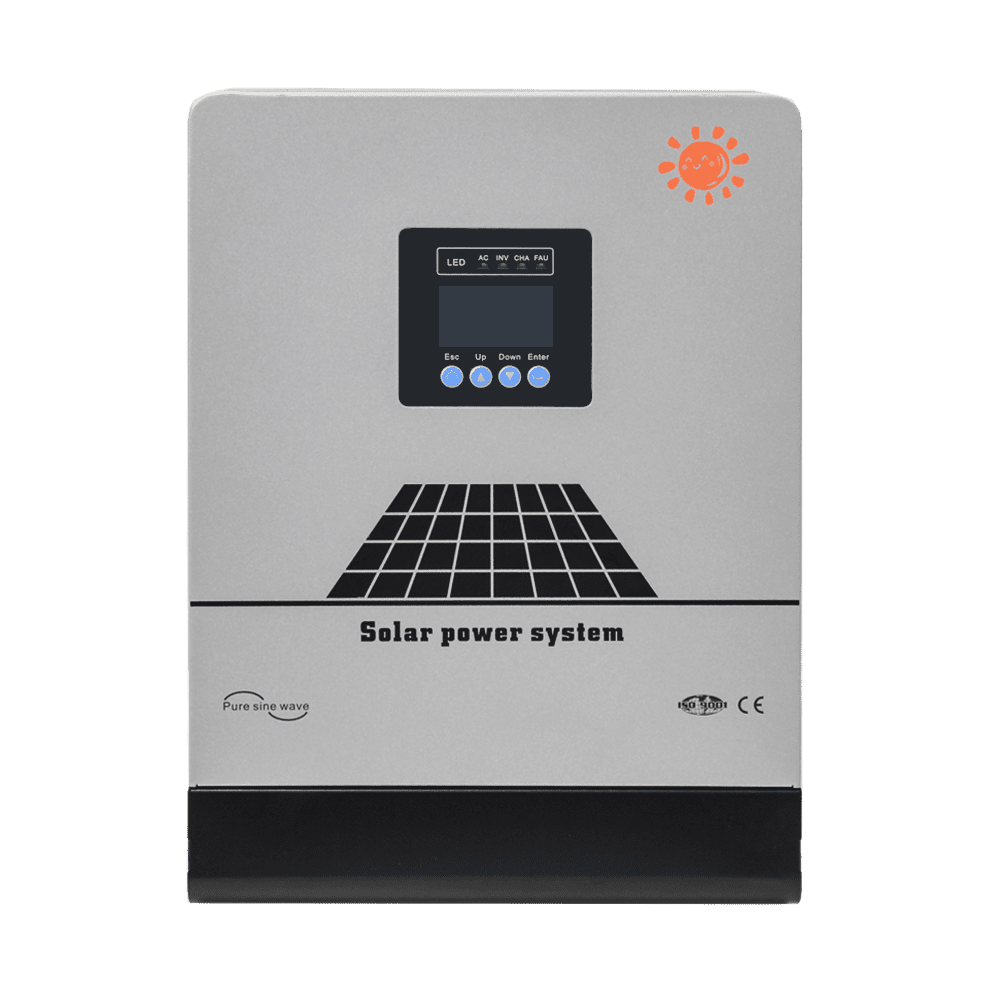
Mppt Hybrid Inverter For Household Use
Considerations Before Investing In A Hybrid Solar Inverter
While hybrid solar inverters offer compelling benefits, several factors need to be considered before investing in one:
Initial Cost: Hybrid solar inverters tend to be more expensive upfront compared to traditional inverters due to the integration of battery storage technology. However, it's essential to consider the long-term savings on electricity bills and potential incentives or rebates offered for renewable energy installations.
Battery Lifespan and Maintenance: The lifespan and maintenance requirements of the battery storage system are critical considerations. Batteries degrade over time and may require replacement after a certain number of charge cycles. When determining the cost-effectiveness of a hybrid solar system, homeowners should include the cost of battery replacement and ongoing maintenance.
Available Solar Resources: The effectiveness of a hybrid solar system depends on the availability of solar resources in the location where it is installed. Regions with ample sunlight year-round are better suited for solar energy generation and can maximize the benefits of a hybrid solar inverter.
Grid Connectivity and Net Metering Policies: The regulatory environment and net metering laws in a certain area might have an impact on the financial feasibility of a hybrid solar system. Homeowners should research local regulations regarding grid connectivity, feed-in tariffs, and net metering to understand how they can benefit from exporting excess energy to the grid.
Energy Consumption Patterns: Understanding household energy use trends is critical for properly sizing a hybrid solar system. Factors such as peak energy demand, time-of-use pricing, and seasonal variations in energy consumption should be taken into account to ensure that the system meets the household's needs effectively.
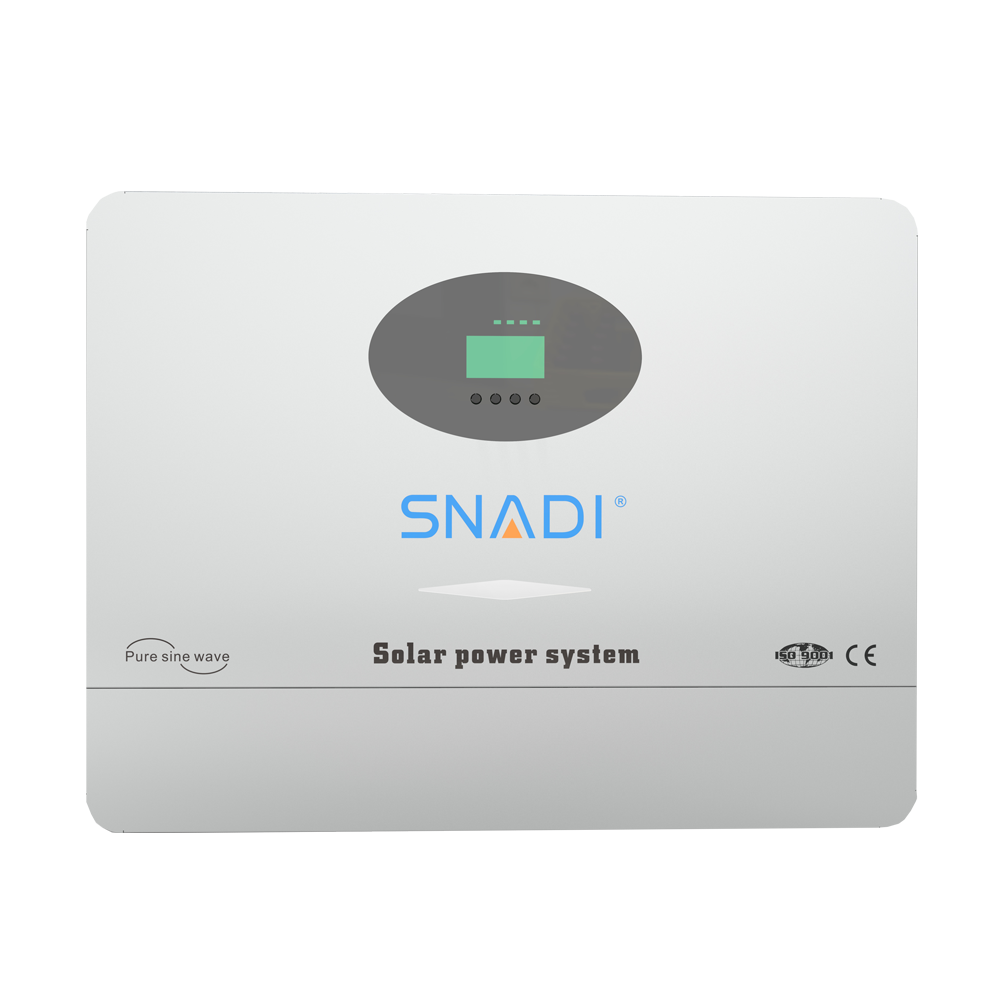
Snadi Mppt Hybrid Solar Inverter For Household Use
Conclusion
In conclusion, hybrid solar inverters offer a compelling solution for maximizing the efficiency and versatility of solar power systems. If you are looking for a reliable solar inverter solution, SNADI can help you. We are a professional solar equipment supplier, offering a wide range of solar equipment including hybrid solar inverters. Welcome to visit our site or contact our teams for more product details!

